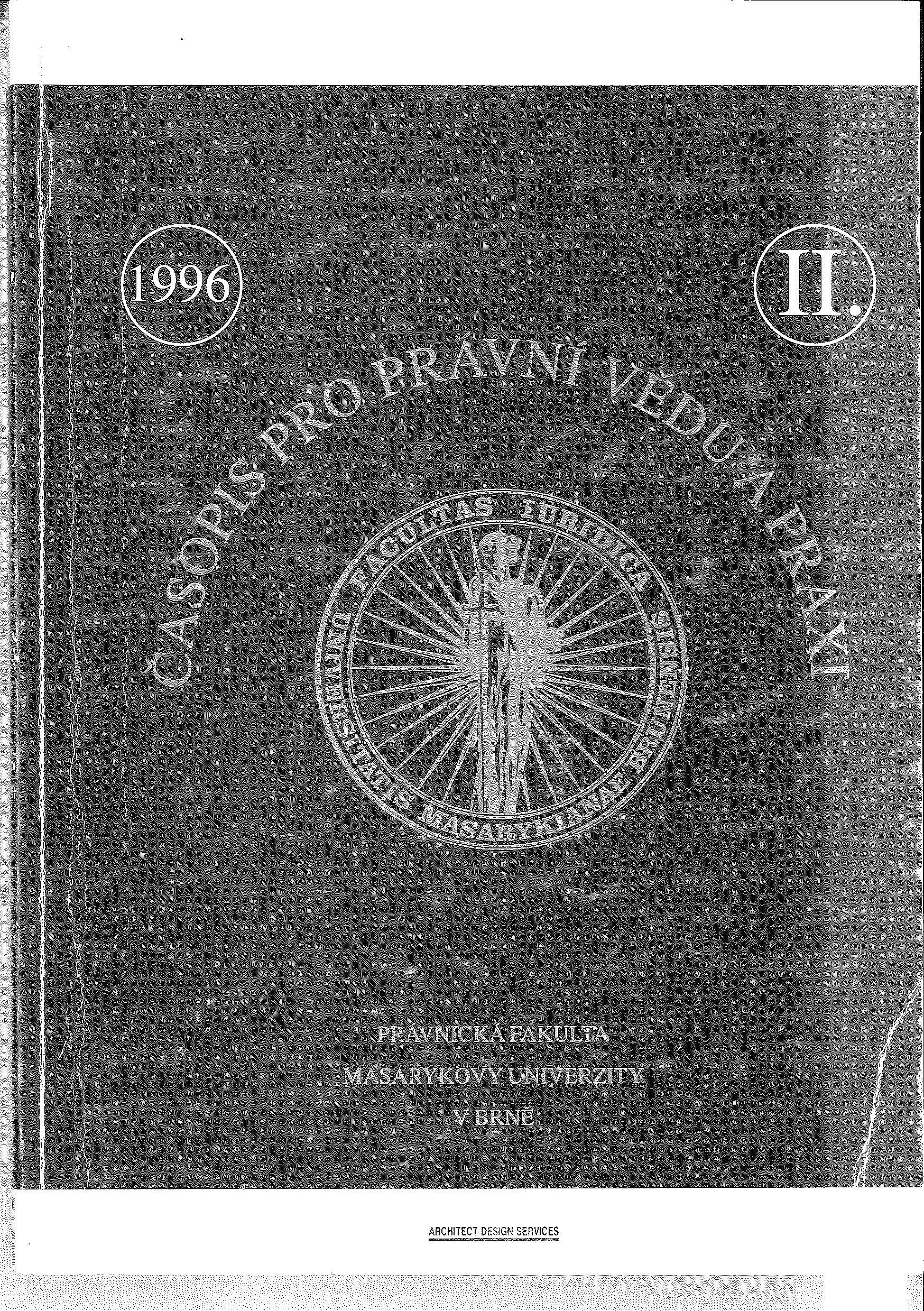Mezinárodní organizace práce - její současné problémy a perspektivy
International labor organization - its current problems and perspectives
Author(s): Irena PíchováSubject(s): Civil Law, International Law, Public Administration, Economic policy, Educational Psychology, Human Resources in Economy, Administrative Law
Published by: Masarykova univerzita nakladatelství
Keywords: International Labour Organization; tripartite system; human rights; labor standards; social justice; employment;
Summary/Abstract: The International Labour Organization (ILO) is a significant entity focused on protecting workers and addressing social issues globally. Established in 1919, its core principles, structure, and functions have remained largely unchanged. The ILO operates on a tripartite system involving governments, employers, and workers, ensuring diverse representation in decision-making. Its main goals include safeguarding fundamental human rights, improving living and working conditions, and promoting full employment. The organization adapts to new challenges arising from technological, economic, and social changes, emphasizing operational programs and educational activities. The ILO's conventions and recommendations form the backbone of international labor standards, aiming for universal applicability while allowing flexibility for national specificities. The ILO also monitors the implementation of these standards through various control mechanisms, including regular reports and complaint procedures. Despite challenges, the ILO continues to strive for social justice and equitable labor practices worldwide.
Journal: Časopis pro právní vědu a praxi
- Issue Year: 4/1996
- Issue No: 2
- Page Range: 210-225
- Page Count: 16
- Language: Czech

